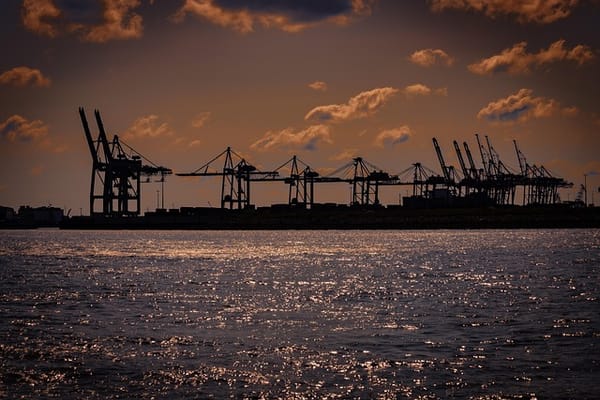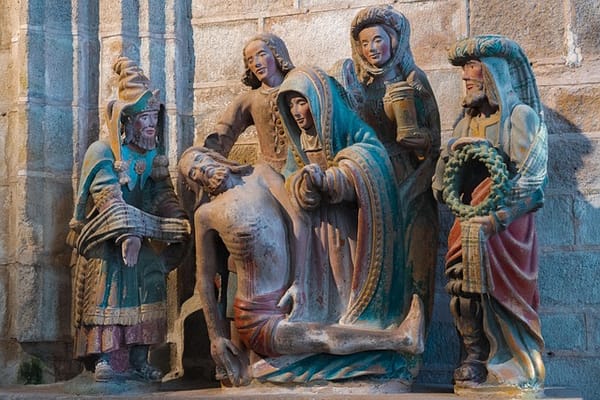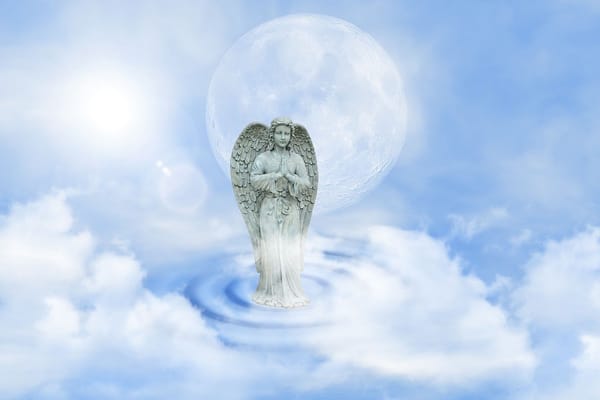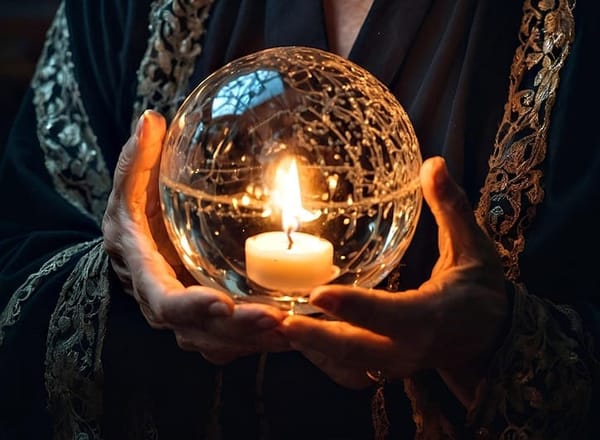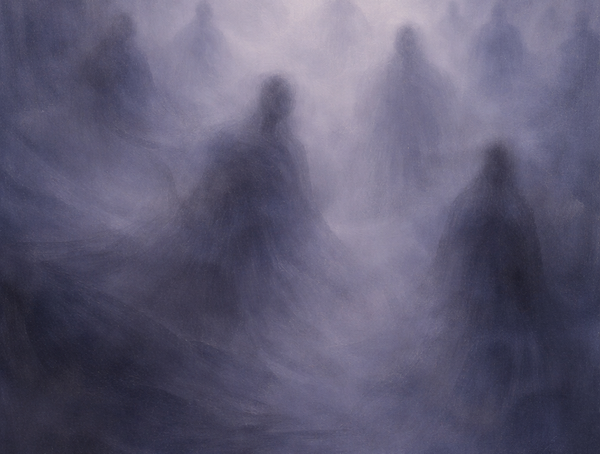There are cities in the world that act as turntables of human destiny.
Marseille is one of them. For centuries, it has been a port of trade, migration, and shadow commerce—a plaque tournante where goods, dreams, and human lives intersect. In the mid‑20th century, the French Connection made this visible to the world: heroin from the East, filtered through the port, feeding appetites across continents. But beyond drugs, there is a deeper commerce: the trafficking of beauty and desire, often through the bodies of women.
I. The Social Fact
In such cities, beauty is a currency. Women, sometimes extraordinarily radiant inwardly and outwardly, are pulled into circuits that convert their sensuality into economic value. They are advertised, exchanged, and consumed. The woman who could have been a mirror of heaven on earth becomes a product in a global chain.
Men, often too deeply incarnated, pursue satisfaction in matter rather than in reverence. Desire, severed from its sacred root, fuels an economy that thrives on repetition and despair.
The city becomes an organ of world‑karma:
- the woman, commodified;
- the man, reduced to appetite;
- the port, a circulatory system for fallen forces.
II. The Spiritual Observation
Every human biography is more than its surface.
- The woman, like a flower, carries a memory of heaven—a reminder of beauty that does not yet belong to the market. She is, in her essence, a pedagogue of love, pointing man toward something higher.
- The man, in his fallen state, grasps for the spiritual through consumption instead of recognition.
When these two poles fail to meet in freedom and reverence, eros collapses into commerce, and commerce crystallizes into karma. Cities like Marseille, Bangkok, or Naples become mirrors of collective desire—places where the unredeemed forces of humanity condense.
III. The Chain of Entrapment
The cycle that holds these souls is both inner and outer:
- Sensuality severed from soul becomes repetitive compulsion; pleasure without joy.
- Economic circuits feed the pattern, rewarding the market of bodies and appetite.
- Narrative poverty sets in: the human being forgets the meaning of their life and ceases to recognize their own biography.
The chain is self-perpetuating: without intervention, beauty becomes tragedy, and tragedy becomes profit.
Yet even in the densest knot of world‑karma, metamorphosis is possible. The path does not begin with moral judgment but with perception and recognition.
- Perception — To be seen as a human being and not as a product is the first spark of liberation.
- Recognition of Biography — To glimpse that life is a chapter in a greater journey, a movement through incarnation and reincarnation, gives inner rope to the soul.
- Sacred Eros — When sensuality is reunited with soul, eros becomes a pathway to love, not a chain of exploitation.
- Threshold Spaces — Even small sanctuaries—art, music, nature, silent retreats—allow the old circuit to break, if only for a breath.
- Alternative Economy — Healing is sustained when clean currents of livelihood appear, allowing beauty and life-force to thrive without commodification.
V. From Fallen Eros to Culture of Renewal
When eros is lifted into love, and love into cultural creation, the very forces once trapped in shadow can become medicine for the world.
Cities of entrapment can become cities of transformation. Ports of shadow can become ports of light, if the human being is recognized as more than a body in the market—if beauty is restored to its sacred task.
Every act of true seeing loosens the net of world‑karma.
Every alternative space of love and dignity is a step toward renewal.
Closing Reflection
We inherit these cities as mirrors of our collective shadow.
Breaking the chain is not only the work of the entrapped; it is the responsibility of a new social will—a culture that can perceive beauty as sacred, desire as a path to the human, and economy as servant of life rather than its predator.
In that shift, the flowers of heaven will no longer be cut and sold.
They will be allowed to bloom for the world.

